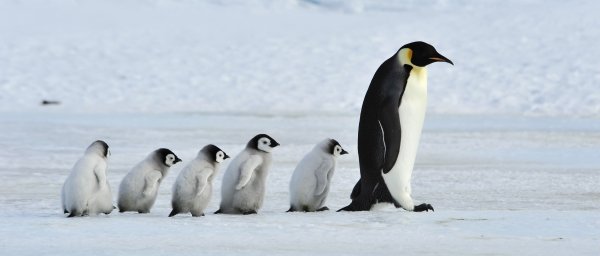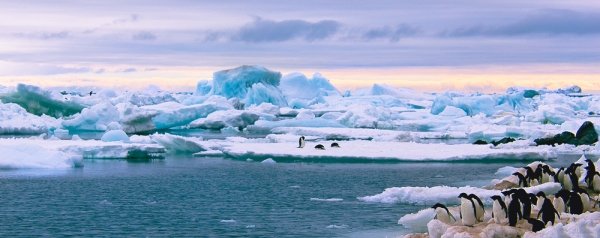| Having trouble? View this email in your browser. |

|
|

|
|

|
|
|
|
|
| Having trouble? View this email in your browser. |

|
|

|
|

|
|
|
|
|